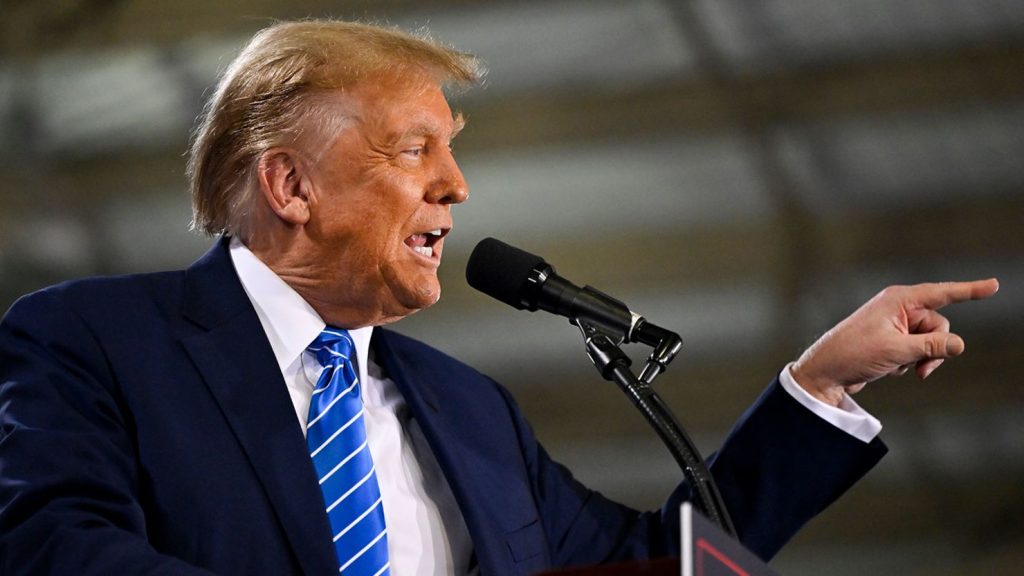
Donald Trump does not have presidential immunity and can be prosecuted on charges of plotting to overturn the 2020 election, a US court has ruled.
Mr Trump had claimed in the landmark legal case that he was immune from criminal charges for acts he said fell within his duties as president.
But Tuesday’s ruling in Washington DC struck down that claim.
It is a setback for Mr Trump who has for years cited presidential immunity while battling multiple cases.
The former president is expected to appeal against the ruling, meaning the case could ultimately go to the Supreme Court where conservatives hold a 6-3 majority.
US Special Counsel Jack Smith has charged Mr Trump, 77, with conspiring to overturn Joe Biden’s victory in the 2020 election and committing fraud to stay in office.
The trial in that case was initially scheduled for 4 March, but was postponed pending a ruling on the immunity claim.
It could be delayed for weeks, if not months, if the case ends up before the Supreme Court.
Earlier this month, a panel of judges heard the case at the DC Circuit Court of Appeals in Washington DC.
The argument from Mr Trump’s lawyer hinged on the idea that a president who is not convicted for impeachment by Congress cannot be subject to criminal proceedings. Mr Trump, they noted, was impeached by the House of Representatives but never convicted by the Senate.
The judges, however, sounded skeptical. Judge Florence Pan suggested that, with immunity, a president could sell state secrets or order the assassination of a political rival without being concerned about criminal prosecution.





